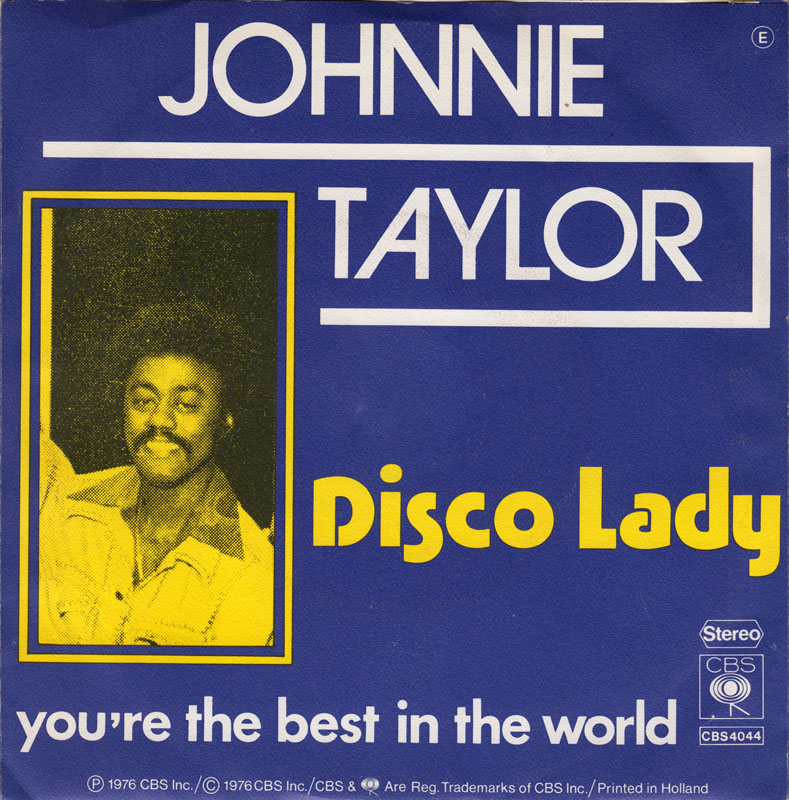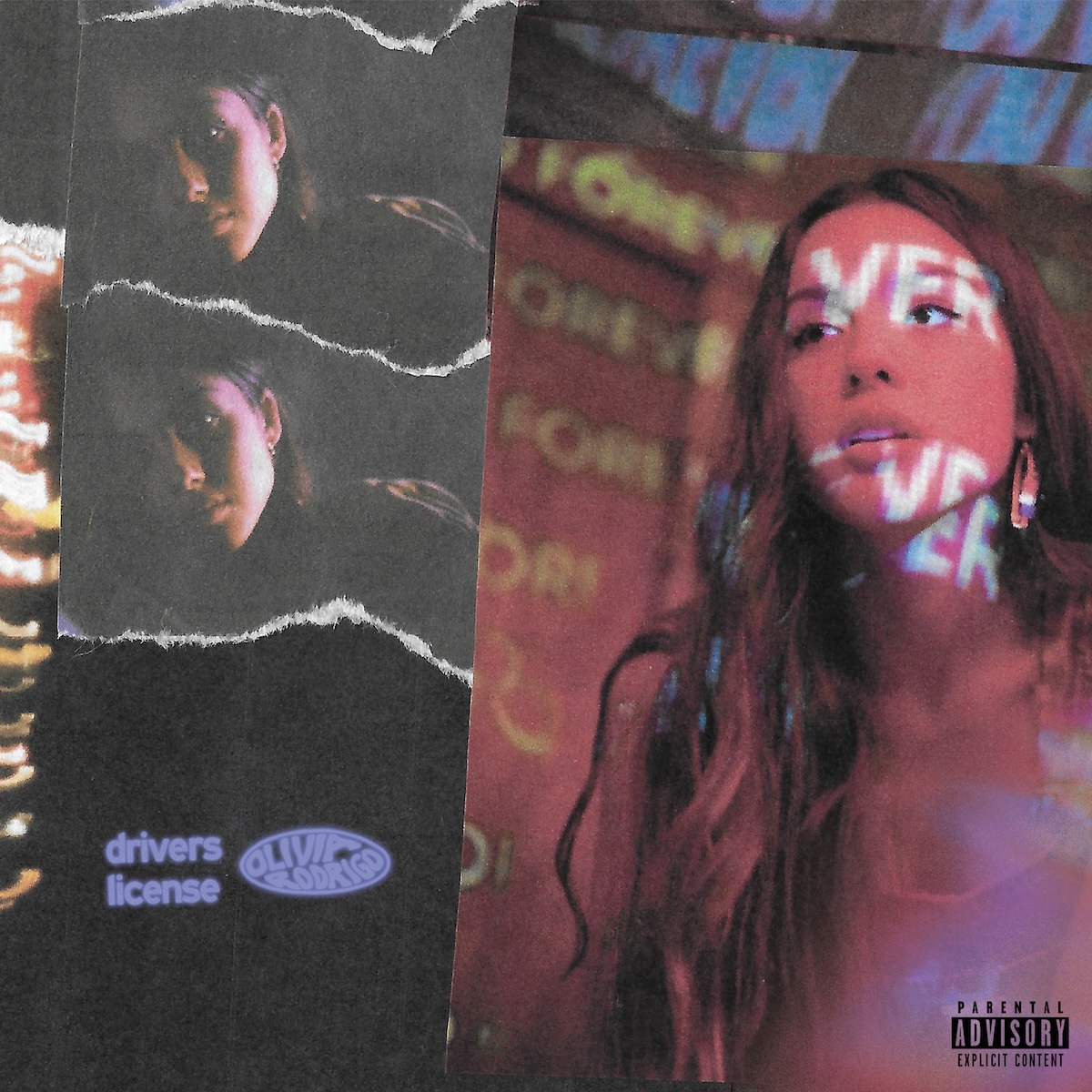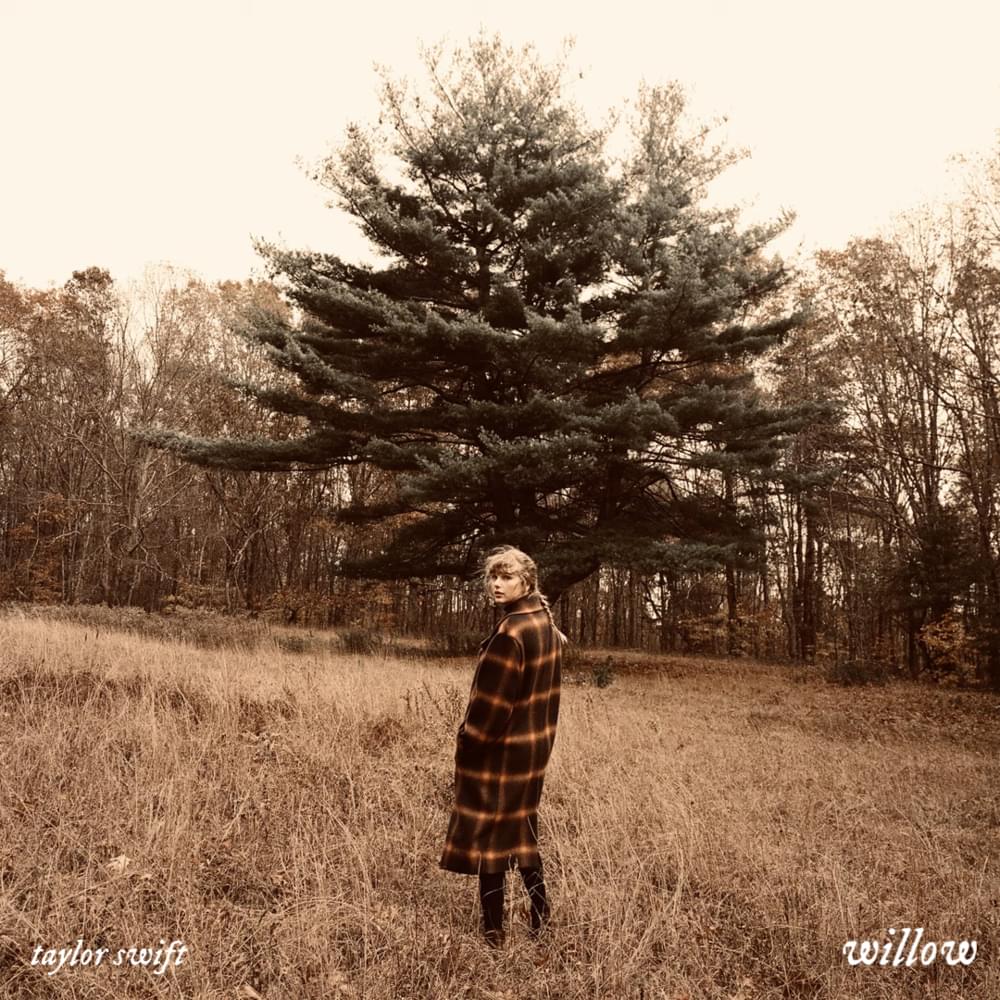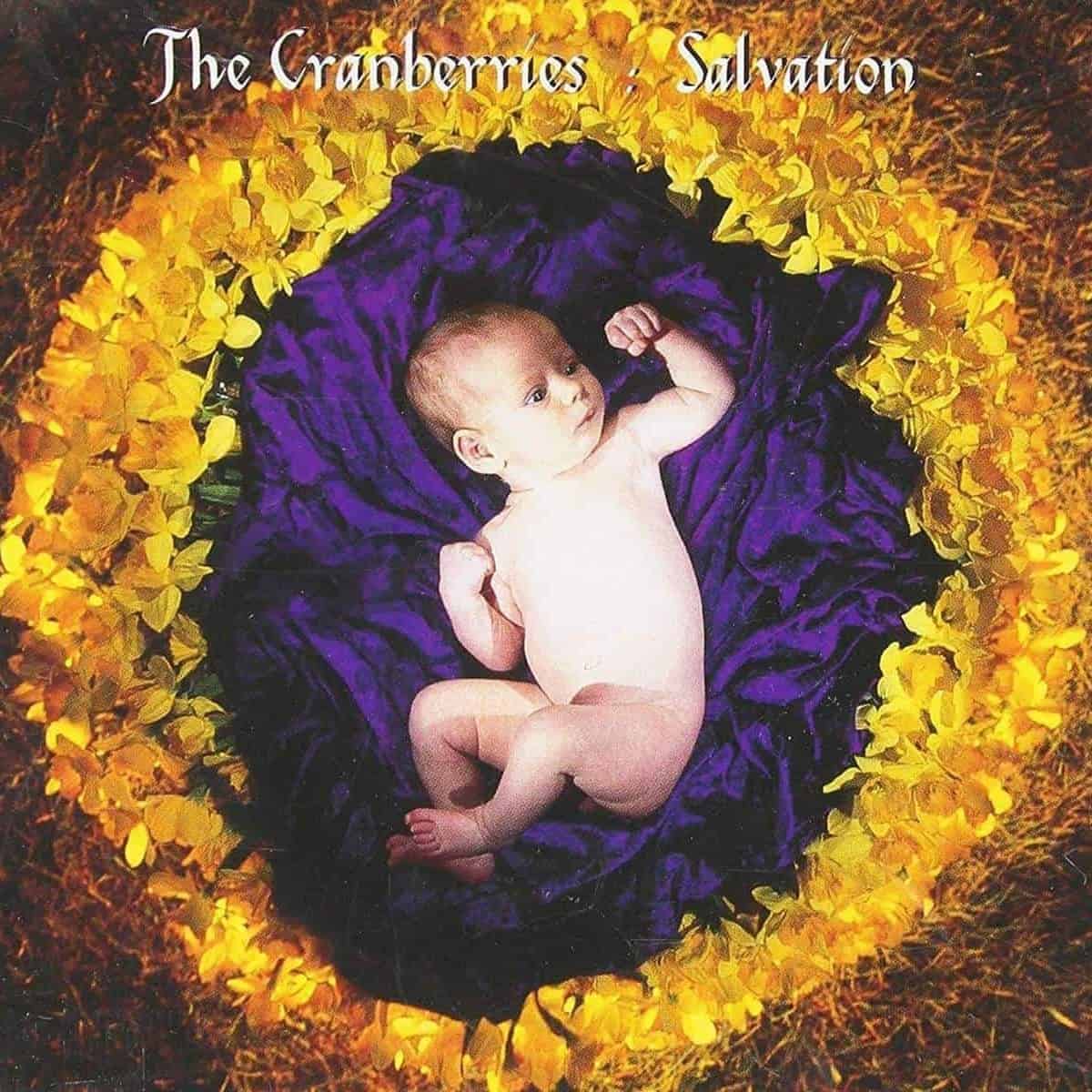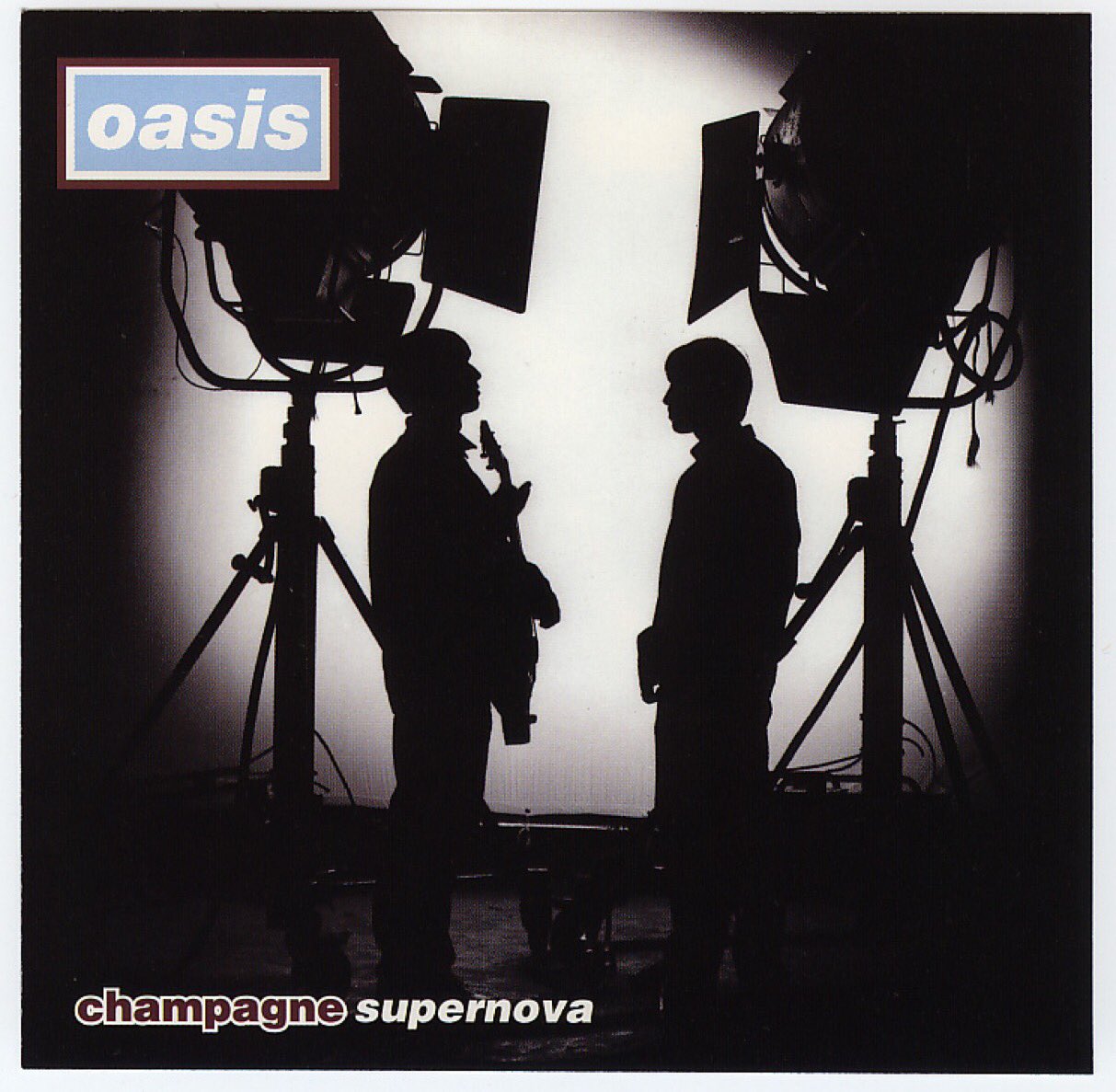In The Number Ones, I'm reviewing every single #1 single in the history of the Billboard Hot 100, starting with the chart's beginning, in 1958, and working my way up into the present.
Johnnie Taylor - "Disco Lady"
HIT #1: April 3, 1976
STAYED AT #1: 4 weeks
Early December, back in '64, the Bonanza star Lorne Greene spent a week at #1 with a country story-song called "Ringo." "Ringo" is a fine piece of music in its own right, but given everything that was happening in 1964, it seems like a fair bet that it owed its success to timing. "Ringo" hit #1 less than a year after the Beatles had arrived in America, so maybe the simple fact that "Ringo" was called "Ringo" made people that much more likely to buy it, even if the song had absolutely nothing to do with Ringo Starr.
And maybe something similar happened in 1976, when a middle-aged soul journeyman released one of the biggest songs of the year. Disco, like Philly soul before it, was awfully kind to aging nightclub singers, many of whom ended up making the biggest hits of their lives, finding audiences that might've never otherwise paid attention. But Johnnie Taylor's "Disco Lady" wasn't a disco song. Instead, it was a sweaty, swampy soul-groove. Taylor himself was pretty clear about this. Talking about the song in Fred Bronson's Billboard Book Of Number 1 Hits, Taylor said, "A lot of people got 'Disco Lady' mixed up. They thought it was disco. It was not a disco tune. We were just talking about disco."
But "Disco Lady" did have the word "disco" in its title. Maybe "Disco Lady" would've still been a hit if it had been called "Nightclub Lady" or something. But in an era when disco was exploding and colonizing the pop charts, it probably didn't hurt to put that one word front and center.
https://youtube.com/watch?v=qOPYn1l1pvw
Disco's takeover was fast, and it was complete. Less than two years before "Disco Lady," George McCrae, another veteran soul singer whose career needed a boost, hit #1 with "Rock Your Baby" -- the first disco hit made specifically with dance clubs in mind. So it didn't take too long for disco to go from underground sensation to mass novelty to the default sound of pop music. "Disco Lady" might not have been a disco song, but it was the first #1 hit to include the word "disco" in its title, or even in its lyrics. It would not be the last.
Johnnie Taylor was probably an unlikely candidate for disco-adjacent stardom, but then, so was pretty much everyone else who ever made a disco hit. Taylor, born in Arkansas, had come up singing gospel. As a young man in the mid-'50s, Taylor had joined the Highway QCs, a gospel group founded by Sam Cooke. Later on, when Cooke left gospel for pop music, Taylor took Cooke's place as the new leader of the Soul Stirrers, the legendary gospel institution. Within a few years, Taylor followed Cooke into pop music. Cooke, a mentor, signed Taylor to his SAR Records, where Taylor released the 1962 single "Rome Wasn't Built In A Day." But when Cooke was killed in 1964, SAR Records dissolved, and Taylor had to find another home.
Taylor found one. Soon after Cooke's death, Taylor moved to Memphis and signed on with Stax Records. Taylor's voice -- raspy, passionate, intense -- was a natural fit for Stax. There, he found a whole new identity, styling himself as "the Philosopher Of Soul." At Stax, Taylor made his first major hit, the 1968 stomper "Who's Making Love." ("Who's Making Love" peaked at #5. It's a 9.) That was Taylor's one top-10 single in his decade-long tenure at Stax, but he was a consistent performer for the label, scoring a couple of R&B-radio #1s and steadily cranking out heaters.
Stax went out of business in 1975, so Taylor moved over to Columbia, where he kept working with his old Stax producer Don Davis. Davis brought "Disco Lady" to Taylor, and Taylor used it to lead off his Columbia debut, the 1976 LP Eargasm. (This will presumably be the last time I get to type the word "eargasm" in this column, at least until we get up to 1996.) Taylor recorded "Disco Lady" at Davis' Detroit studio, and the track featured a whole bunch of musicians from George Clinton's Detroit-based Parliament-Funkadelic crew: Bootsy Collins, Bernie Worrell, Glenn Goins, Jerome Brailey. (Sadly, P-Funk never made it into the top 10, at least in non-sampled form. Parliament peaked at #15 with 1976's "Tear The Roof Off The Sucker (Give Up The Funk)," while Funkadelic peaked at #28 with 1978's "One Nation Under A Groove.") Telma Hopkins -- formerly of Tony Orlando's Dawn, later of Family Matters -- sang backup.
"Disco Lady" is a song of simple, overwhelming lust. Taylor's narrator is at a nightclub, watching a girl dance, and he is horny. He likes the way she moves: "You dance so fine / And you're right on time / Girl, you oughta be on TV, on Soul Train." Eventually, we learn that Taylor is at the club with someone else, so he's presumably trying to hide his attraction: "If it wasn't for the girl sitting next to me, I'd jump right up and out of my safety seat." Basically, Taylor is doing something that rappers have done for the past few decades: He's spending an entire song appreciating the way women dance. Taylor even calls out dance instructions, like he's Sir Mix-A-Lot or Lil Jon or something: "Shake it up, shake it down, move it in, move it round." So "Disco Lady" is a song about butts, and therefore part of a long and proud pop-music tradition.
Musically, "Disco Lady" continues with the kind of music that Taylor was making toward the end of Stax. It's not really a song for dancing, and it has none of the energetic disco thump that the title might imply. Instead, it's a hazy, humid groove. The best things about the song are subtle. It's in the interplay between the musicians -- all of whom, were, after all, absolute aces who knew exactly how to play with each other. There's a moment toward the end where Bernie Worrell's gurgling keyboards and Glenn Goins' bluesy guitars seem to be having a quiet conversation with each other in the corner. And Taylor, his voice raw and strained, stays firmly within the chitlin-circuit lineage, ad-libbing hard and spending as much time exhorting as he does carrying the melody.
The RIAA started handing out platinum certifications in 1976 -- for one million albums sold, or for two million singles. "Disco Lady" became the first single ever to go platinum. To celebrate, Taylor took a bath in Dom Perignon, which is a pretty disco thing to do, and which also sounds unpleasant. But Taylor never really had another hit. Over the rest of his career, Taylor only charted a couple more times, and he never got close to the top 10 again. But he kept recording up until 2000, when he died of a heart attack at home in Dallas. Taylor was 66 when he died. Thousands of people came to his funeral. Maybe some of them were disco ladies.
GRADE: 7/10
BONUS BEATS: In the middle of the Skunk Mix of "Method Man," the Method Man solo showcase from the 1993 Wu-Tang Clan album Enter The Wu-Tang (36 Chambers), Meth sings the hook of "Disco Lady." Here's that remix, later featured on Meth's 1994 solo debut Tical:
(Method Man's highest-charting single is the 1995 Mary J. Blige collab "I'll Be There For You/You're All I Need to Get By." It's a 9.)
BONUS BONUS BEATS: The mostly-forgotten Atlanta rap group A-Dam-Shame used an interpolation of the "Disco Lady" hook on "The Game Ain't Rated," a seven-minute 1997 single that featured UGK and Too Short. Here's the video:
(Neither Too Short nor UGK have ever had a single that got anywhere near the top 10. Even "Big Pimpin'," the 1999 Jay-Z single that featured both members of UGK, only made it up to #18. But UGK rapper Bun B will eventually appear in this column as a guest rapper.)
BONUS BONUS BONUS BEATS: Here's Topher Grace singing "Disco Lady" on a 1999 episode of That '70s Show:
THE 10S: Aerosmith's mythically fake-deep monster-ballad howler "Dream On" -- a 1973 single re-released late in 1975 -- peaked at #6 behind "Disco Lady." It's a 10 for fools and for sages.
Meanwhile, David Bowie's coked-out neo-doo-wop crab-funker "Golden Years" peaked at #10 behind "Disco Lady." It's another 10, and I'd stick with it, baby, for a thousand years.
